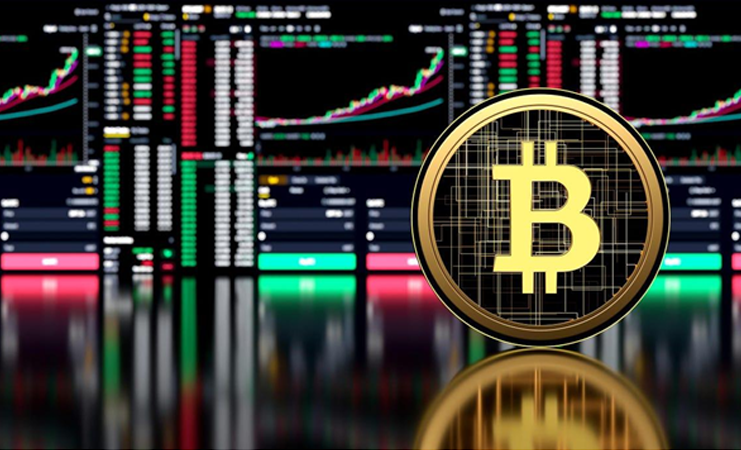Exploring the Regulatory Landscape for Crypto Exchanges Worldwide
The regulatory landscape for cryptocurrency exchanges worldwide is complex and ever-evolving, shaped by different national approaches and concerns around financial security, fraud, money laundering, and consumer protection. As the adoption of cryptocurrencies grows, governments and financial authorities have responded with varied regulatory frameworks, which range from supportive to restrictive, depending on the country’s perception of risks and opportunities associated with digital assets. In the United States, cryptocurrency exchanges are subject to a patchwork of federal and state regulations. The Financial Crimes Enforcement Network Fin CEN requires exchanges to register as Money Services Businesses MSBs and comply with anti-money laundering AML and know-your-customer KYC policies. The Securities and Exchange Commission SEC and the Commodity Futures Trading Commission CFTC have also asserted regulatory oversight over cryptocurrency exchanges, especially those dealing with tokens that are deemed securities or derivatives. Recent moves by the SEC to regulate decentralized finance DeFi platforms have sparked debates around the balance between innovation and investor protection. This regulation aims to foster innovation while protecting users and ensuring financial stability.

Once implemented, MiCA will provide legal clarity for cryptocurrency exchanges operating in the EU, standardizing requirements related to licensing, capital reserves, and consumer protection across member states. However, until MiCA comes into force, individual member states maintain their own regulatory regimes, with some, like Malta and Estonia, being more progressive, and others, enforcing stricter oversight. Some countries present a diverse regulatory landscape for cryptocurrency exchanges, with countries adopting varying approaches. Cryptocurrency news has taken a forward-thinking stance, being one of the first major economies to introduce comprehensive regulations for crypto exchanges. The Payment Services Act, amended requires exchanges to register with Japan’s Financial Services Agency FSA and follow stringent rules regarding AML, KYC, and cybersecurity. South Korea also has rigorous regulations, mandating registration and full compliance with financial reporting and taxation laws. The other hand has imposed an outright ban on cryptocurrency trading and mining, citing concerns over financial stability and capital flight. In contrast, Southeast Asia presents a more welcoming environment.
The Monetary Authority of Singapore MAS has been praised for its balanced approach, promoting innovation while safeguarding against illicit activities. Thailand and the Philippines have also developed crypto-friendly regulatory regimes, aimed at fostering innovation and investment while ensuring consumer protection and financial oversight. In other regions, such as Africa and Latin America, regulatory frameworks are still in their nascent stages. Countries like Nigeria and South Africa have adopted a more cautious approach, regulating latest crypto news cryptocurrency exchanges to combat fraud and protect consumers. Meanwhile, countries like El Salvador have embraced cryptocurrencies, with Bitcoin being adopted as legal tender. However, these differing approaches have led to uncertainties for businesses and consumers alike, as regulations can change rapidly in response to new challenges or opportunities. While some countries are taking steps toward harmonizing crypto regulations, the industry continues to face challenges related to legal clarity, market access, and compliance costs. Balancing the need for innovation with investor protection and financial security will remain key to shaping the future of cryptocurrency exchanges worldwide.